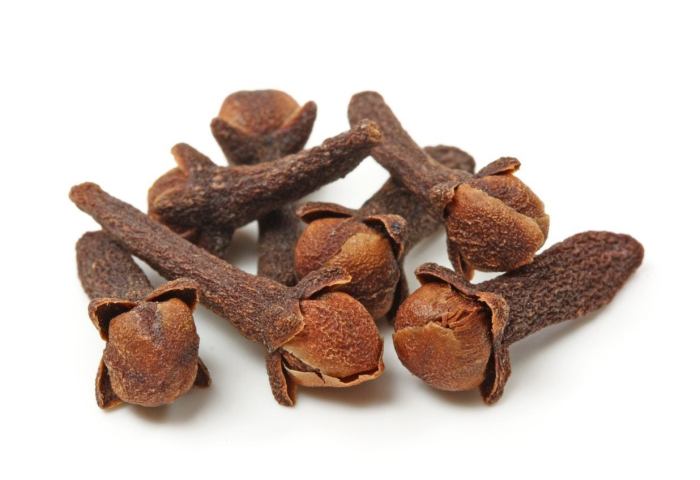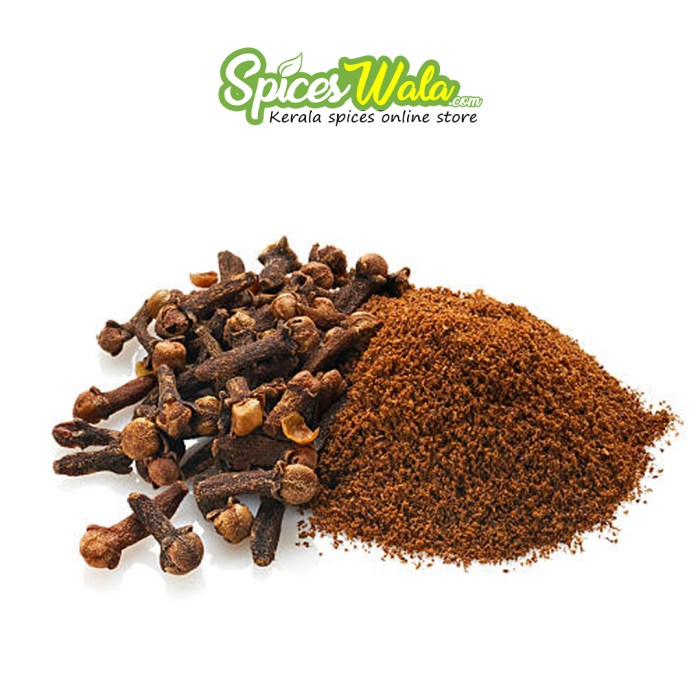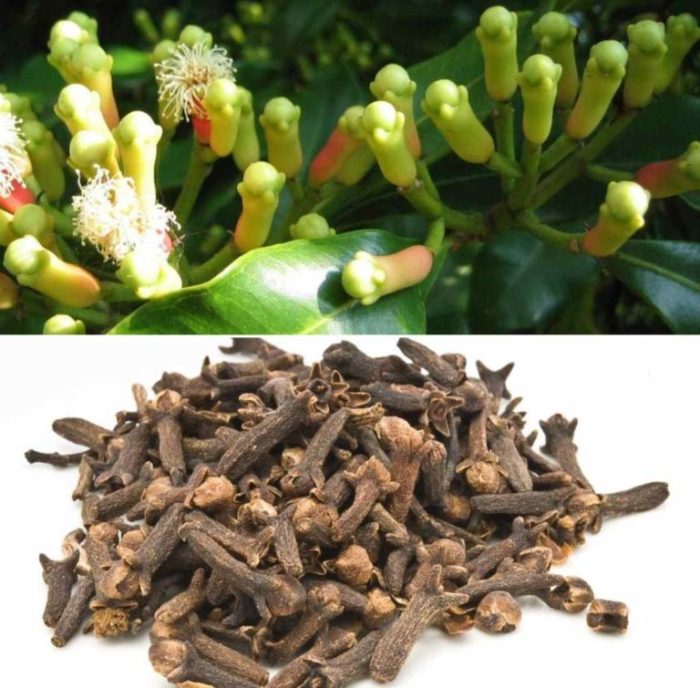Where Can I Buy Clove Seeds for Planting?
Locating Clove Seed Suppliers
Where can i buy clove seeds for planting – Securing a reliable source for clove seeds is crucial for successful cultivation. This section explores various avenues for obtaining high-quality seeds, comparing online and local options to help you make an informed decision.
Reliable Online Retailers
Several reputable online retailers specialize in supplying seeds, offering a wide selection and convenient shipping. Three examples are provided below, with details on their shipping policies and customer feedback.
- Retailer A: Offers expedited shipping within the country and international shipping options. Customer reviews generally praise their fast delivery and high seed germination rates. However, some customers have reported occasional packaging issues.
- Retailer B: Provides free shipping on orders above a certain amount. Customer reviews are overwhelmingly positive, highlighting the excellent quality of their seeds and responsive customer service. However, shipping times can be longer for international orders.
- Retailer C: Specializes in rare and heirloom seeds, including various clove varieties. Shipping costs are higher compared to other retailers, but customers appreciate the wide selection and detailed product information. Customer reviews mention excellent packaging and reliable germination.
Online vs. Local Sourcing: A Comparison
The decision of whether to purchase clove seeds online or locally depends on various factors. The table below presents a comparative analysis of both approaches.
| Feature | Online Purchase | Local Purchase |
|---|---|---|
| Selection | Wider variety, potentially including rare cultivars | Limited selection, dependent on local availability |
| Cost | Potentially lower prices with bulk discounts, but shipping costs can add up | Potentially higher prices, but eliminates shipping costs and allows for in-person inspection |
| Convenience | Convenient and accessible from anywhere with internet access | Requires travel to the local nursery or garden center |
| Seed Quality Assurance | Relies on online reviews and retailer reputation | Allows for visual inspection of seeds before purchase |
Local Sourcing of Clove Seeds
Purchasing clove seeds locally offers several advantages, including the ability to inspect the seeds before purchase and build relationships with local growers. This section explores methods for finding local suppliers and interacting with them effectively.
Finding Local Nurseries and Garden Centers
Several avenues can be explored to locate local nurseries or garden centers that might stock clove seeds. Checking online directories, visiting local farmers’ markets, and contacting local agricultural extension offices are effective strategies. Directly contacting nurseries via phone or email can also yield valuable information.
Engaging with Local Sellers
When engaging with local sellers, it’s crucial to inquire about seed availability, germination rates, and the specific clove variety offered. Asking about their sourcing practices and any special care instructions for the seeds will further ensure a successful planting experience. Examining the seeds for any signs of damage or discoloration is also advisable.
Understanding Clove Seed Varieties

Source: gardeningknowhow.com
Locating clove seeds for planting can sometimes be tricky; you might find them at specialty nurseries or online seed suppliers. The timing of planting is crucial, and understanding when to plant other seeds can inform your approach. For instance, consider researching the optimal planting times for different species, such as learning more about when to plant vinca seeds , which can provide valuable insight into seasonal planting patterns.
Ultimately, successful clove cultivation depends on securing quality seeds and planting them at the appropriate time.
Clove trees exhibit diverse characteristics depending on their variety. Understanding these variations is crucial for selecting the most suitable type for your climate and growing conditions.
Clove Tree Varieties and Seed Characteristics
Two common clove tree varieties are Syzygium aromaticum and Syzygium caryophyllatum. Syzygium aromaticum, the most commercially cultivated species, produces the aromatic clove buds used as a spice. Its seeds are relatively small and dark brown. Syzygium caryophyllatum, also known as the wild clove, possesses seeds with slightly different morphology, often exhibiting variations in size and color.
Growth Habits and Climate Requirements
Both Syzygium aromaticum and Syzygium caryophyllatum thrive in tropical and subtropical climates with warm temperatures and high humidity. However, Syzygium aromaticum is more sensitive to frost and requires well-drained, fertile soil. Syzygium caryophyllatum exhibits slightly higher tolerance to drought and less-fertile soils.
Seed Germination Rates and Success Factors
- Seed Viability: Seed viability varies depending on storage conditions and seed age. Fresh seeds generally have higher germination rates.
- Temperature: Optimal germination temperatures typically range from 25-30°C (77-86°F).
- Moisture: Maintaining consistent moisture levels is crucial. Overwatering can lead to fungal diseases, while underwatering hinders germination.
- Light: Clove seeds generally require some light for germination, but direct sunlight should be avoided.
Preparing for Clove Seed Planting
Proper soil preparation and planting techniques significantly impact clove seed germination and seedling establishment. This section details the steps involved in creating an ideal environment for successful germination.
Soil Preparation
Clove seeds require well-drained, slightly acidic soil (pH 6.0-6.5) rich in organic matter. Before planting, the soil should be thoroughly tilled to improve aeration and drainage. Adding compost or well-rotted manure enhances soil fertility and provides essential nutrients.
Planting Mix
A suitable planting mix can be created by combining equal parts of potting soil, perlite, and vermiculite. This mixture provides excellent drainage, aeration, and moisture retention, promoting healthy root development.
Planting Depth and Spacing

Source: spiceswala.com
A simple diagram would show clove seeds planted about 1cm deep and spaced approximately 5cm apart to prevent overcrowding and ensure adequate space for seedling growth.
Clove Seed Germination and Aftercare
Successful clove seed germination requires careful attention to environmental factors and consistent care. This section Artikels the germination process and provides guidance on maintaining optimal conditions.
Clove Seed Germination Process
Clove seeds typically germinate within 2-4 weeks under optimal conditions. Germination involves the emergence of the radicle (root) followed by the plumule (shoot). Consistent moisture, appropriate temperature, and adequate light are essential throughout this process.
Watering and Humidity

Source: gardeningtips.in
Maintaining consistent moisture is vital. The soil should be kept moist but not waterlogged. High humidity levels, around 70-80%, promote healthy germination. Regular misting can help maintain humidity, especially in dry environments.
Challenges and Solutions
- Fungal Diseases: Overwatering can lead to damping-off, a fungal disease that kills seedlings. Ensure good drainage and avoid overwatering.
- Slow Germination: Old or poorly stored seeds may germinate slowly or not at all. Use fresh, high-quality seeds for optimal results.
- Pest Infestations: Insects can damage seedlings. Regular monitoring and appropriate pest control measures are essential.
Illustrating the Clove Plant: Where Can I Buy Clove Seeds For Planting
A mature clove tree is a visually striking and aromatic plant. This section provides a detailed description of its characteristics for use as alt text for an image.
Mature Clove Tree Description
A mature clove tree is an evergreen tree, typically reaching heights of 8-12 meters, with a dense, rounded crown. The leaves are simple, opposite, lanceolate, and aromatic, exhibiting a glossy, dark green color. The flowers are small, white or pink, and fragrant, borne in terminal clusters. The tree’s bark is smooth and grayish-brown.
Clove Flower Appearance, Aroma, and Lifecycle
The clove flower’s distinctive aroma is due to the presence of eugenol, a primary component of clove oil. The flowers have four petals, a prominent calyx, and numerous stamens. After flowering, the flower buds develop into the characteristic clove buds, which are harvested before they fully open.
Clove Bud Formation and Harvesting, Where can i buy clove seeds for planting
Clove buds develop from the flower’s calyx. As the buds mature, they turn a deep reddish-brown color. Harvesting typically occurs when the buds are still closed and firm, ensuring optimal flavor and aroma. Harvesting is done manually, and the buds are carefully picked to avoid damage.
FAQ Corner
What is the best time of year to plant clove seeds?
The ideal time to plant clove seeds varies depending on your climate. Generally, it’s best to plant in the spring or early summer after the last frost.
How long does it take for clove seeds to germinate?
Germination time can range from a few weeks to several months, depending on the variety and growing conditions.
Can I grow clove trees indoors?
While possible, clove trees require ample sunlight and humidity, making them better suited for outdoor cultivation in suitable climates. Indoor growth may require specialized grow lights and environmental controls.
What are the common pests and diseases that affect clove trees?
Common issues include fungal diseases, root rot, and certain insect pests. Regular monitoring and appropriate pest management practices are crucial.





















